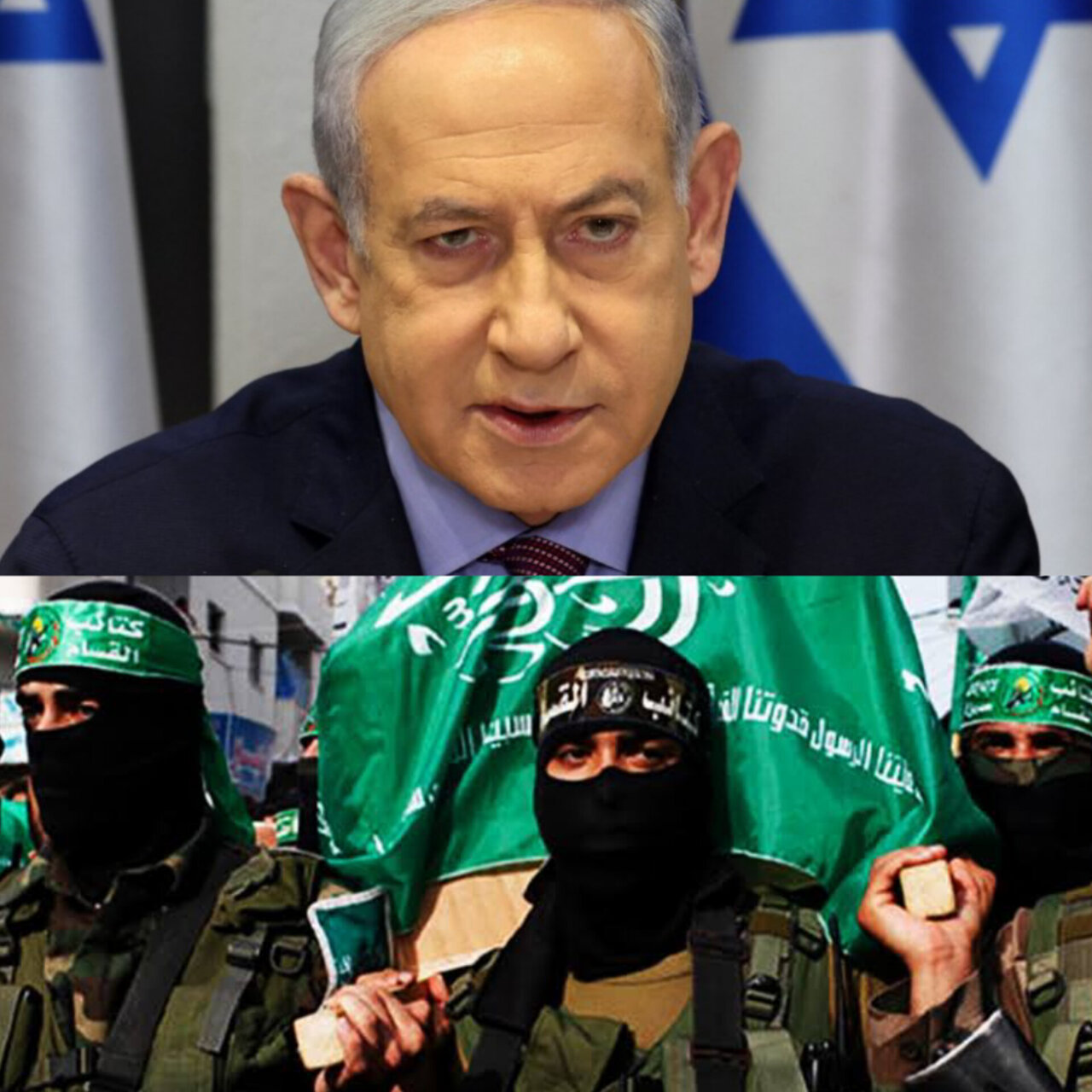
Similar Posts
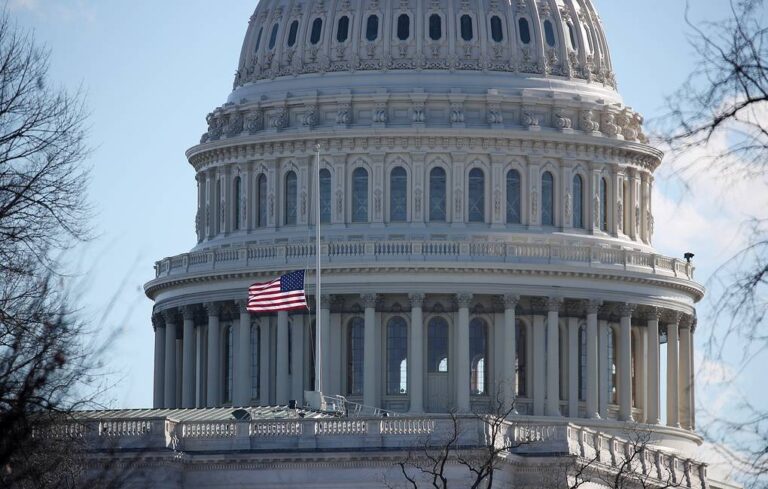
White House Hails ‘Positive and Constructive’ Talks with Iran: A Step Towards Diplomacy
Recent negotiations between the United States and Iran regarding Iran’s nuclear program and sanctions have gained momentum. In talks in Muscat, Oman, US chief negotiator Steve Witkoff stressed the importance of dialogue, receiving instructions from President Trump to engage with Iranian Foreign Minister Abbas Araghchi. The discussions, which were indirect, centered on critical issues including the nuclear program and sanctions relief, essential for Iran’s economy. A follow-up meeting is scheduled for next Saturday, indicating ongoing commitment to diplomatic resolution. Successful negotiations could improve US-Iran relations, enhance Middle Eastern stability, and impact global economic dynamics.
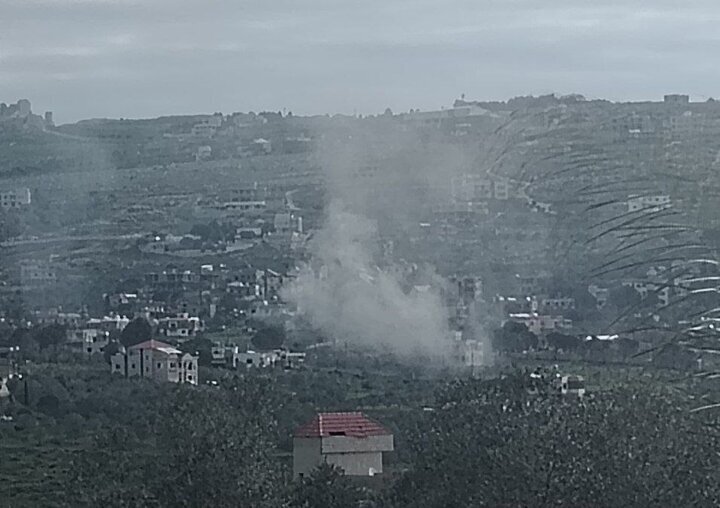
VIDEO: Israeli Airstrikes Target Southern Lebanon in Escalating Conflict
The recent escalation of violence in southern Lebanon, marked by Israeli airstrikes, has raised international alarm due to significant casualties and destruction. Reports indicate around 20 strikes have targeted civilian-populated areas, leading to the deaths of innocent civilians and injuries. One incident in Touline resulted in two fatalities and three injuries. The humanitarian crisis is dire, prompting local authorities and organizations to mobilize aid efforts for medical, shelter, and food needs. The Lebanese government condemned the attacks as violations of sovereignty, while global leaders call for a cessation of hostilities and renewed dialogue to prevent further loss of life.
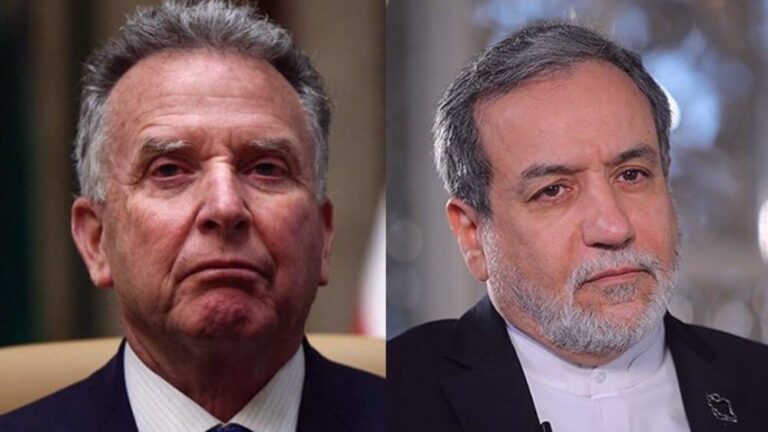
Iran’s Foreign Ministry Unveils Key Insights on US Negotiations: What You Need to Know
Iran’s Foreign Ministry Spokesman Esmaeil Baghaei recently discussed ongoing indirect negotiations with the U.S. concerning nuclear issues and sanctions relief, emphasizing that these talks, held in Oman, are strictly limited to Iran’s nuclear program. Baghaei clarified that other significant topics, such as Iran’s regional role and missile capabilities, are excluded from discussions. He asserted Iran’s commitment to focusing solely on nuclear matters, viewing this as essential for any potential agreement. This approach reflects Iran’s strategy to safeguard its sovereignty and control the narrative around its nuclear ambitions, while observers closely monitor the evolving diplomatic landscape.
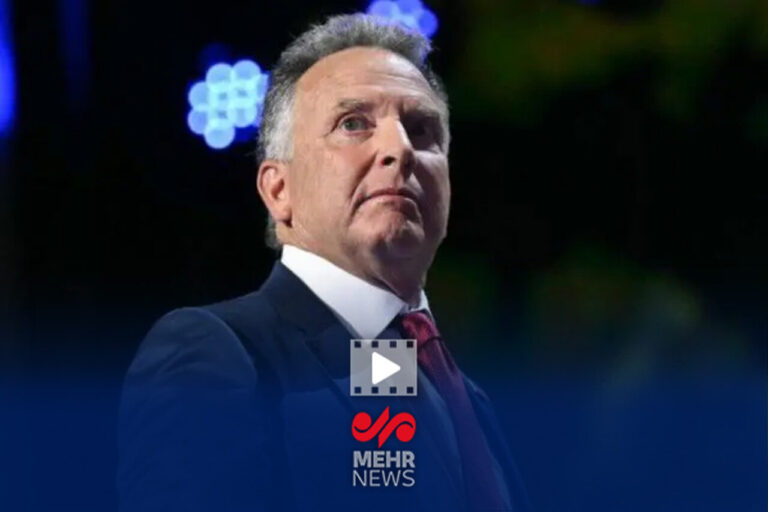
Trump’s Middle East Envoy to Address UN Security Council on Urgent Gaza Situation
U.S. Middle East envoy Steve Witkoff will brief the United Nations Security Council on U.S. policies regarding the Gaza conflict and nuclear negotiations with Iran. The informal meeting, attended by all 15 council members, will focus on a proposed aid mechanism by Israel and the U.S., raising concerns over Israel’s control of humanitarian aid distribution amidst ongoing military operations. European leaders and aid organizations have criticized this approach, exacerbating the humanitarian crisis in Gaza. Witkoff’s insights could significantly influence U.S. involvement in the region and the international response to the escalating situation.
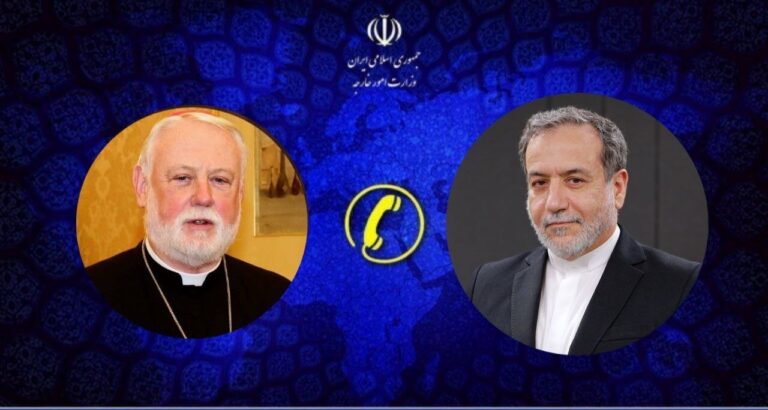
Iran and Vatican Foreign Ministers Strengthen Diplomatic Ties Amid Regional Developments
In a recent meeting, Iran and the Vatican reaffirmed their commitment to strengthening bilateral relations through dialogue. Iranian Foreign Minister Araghchi emphasized the historical rapport between the two, highlighting the importance of religious conversations in fostering mutual understanding among diverse faiths. Discussions focused on promoting peace based on shared values among Abrahamic religions. Archbishop Gallagher recognized Iran’s proactive role in maintaining these ties and stressed the significance of collective efforts for global peace and justice. This engagement underscores the potential of diplomacy to bridge divides and sets a positive precedent for interfaith dialogue and international cooperation amidst global challenges.
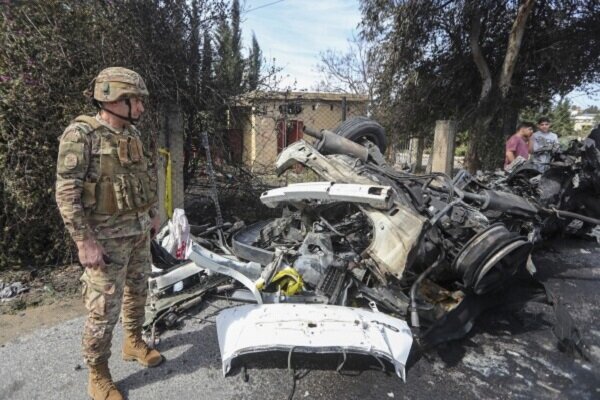
Israeli Drone Strike Targets Vehicle in Southern Lebanon: Tensions Escalate
Israeli forces and Hezbollah entered a ceasefire agreement in November; however, ongoing accusations of violations from both sides have kept tensions high. Israel has delayed troop withdrawals and maintains control over strategic hilltops in southern Lebanon, exacerbating the situation. Military operations by Israel, aimed at targeting Hezbollah, have led to a cycle of retaliation. The conflict’s implications extend to regional stability, affecting neighboring countries and international relations. Despite calls for diplomatic negotiations, mutual distrust complicates dialogue. The path to lasting peace remains uncertain as both parties must prioritize communication over military action to ensure stability in the region.